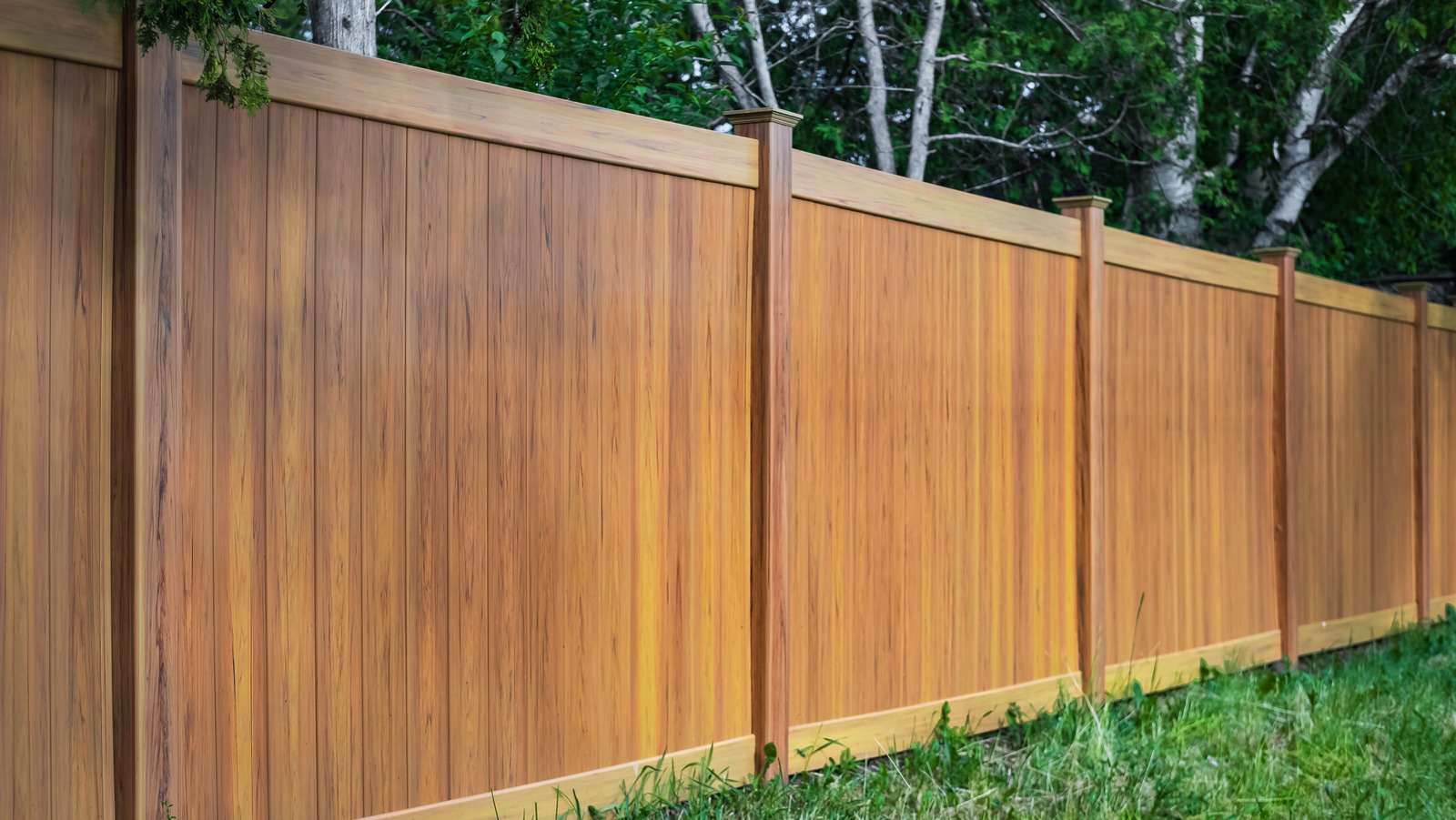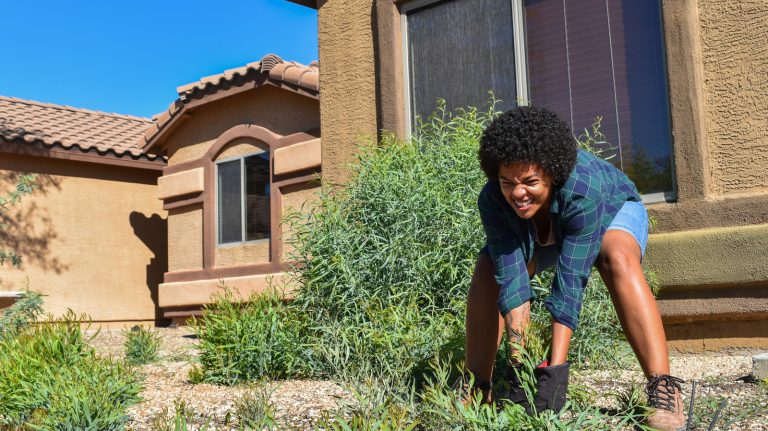
When it comes to home improvement projects involving wood, the age-old question remains: is traditional wood more cost-effective and efficient than newer alternatives? Wood and composite are often top choices for fencing materials due to their durability and versatility. If cost is a deciding factor for your fencing project, understanding the price differences between these materials can help you make an informed decision. Generally, composite fencing tends to be more expensive than wood fencing.
Wood fencing is typically more budget-friendly compared to composite fencing, with prices varying based on installation costs and the type of wood used. Wooden fencing can range from $10 to $30 per linear foot, including materials and labor. Pine is the most affordable option at $1 to $5 per linear foot, while cedar is a more durable choice at $14 to $28 per linear foot. Wooden fences require regular maintenance like sealing and staining to preserve their appearance and durability, which can add to the overall cost over time.
Types of composite fencing
Composite fencing is made from recycled plastic and wood, offering three main variations: picket, privacy, and premium. Picket composite fencing is the cheapest option at $11 to $15 per linear foot, ideal for smaller yards or boundary purposes. Privacy composite fencing costs between $22 to $34 per linear foot, providing more seclusion and enclosure. Premium composite fencing is the most expensive at $28 to $45 per linear foot, offering intricate designs and high-quality materials.
Pros and cons of each material
Wooden fencing is easy to install, customizable, and blends well with any landscape. However, it is prone to cracking, warping, and may require frequent maintenance. Composite fencing is resistant to rot, pests, and moisture, with minimal maintenance required. Despite being more durable, composite fencing is more expensive and may experience fading over time.






